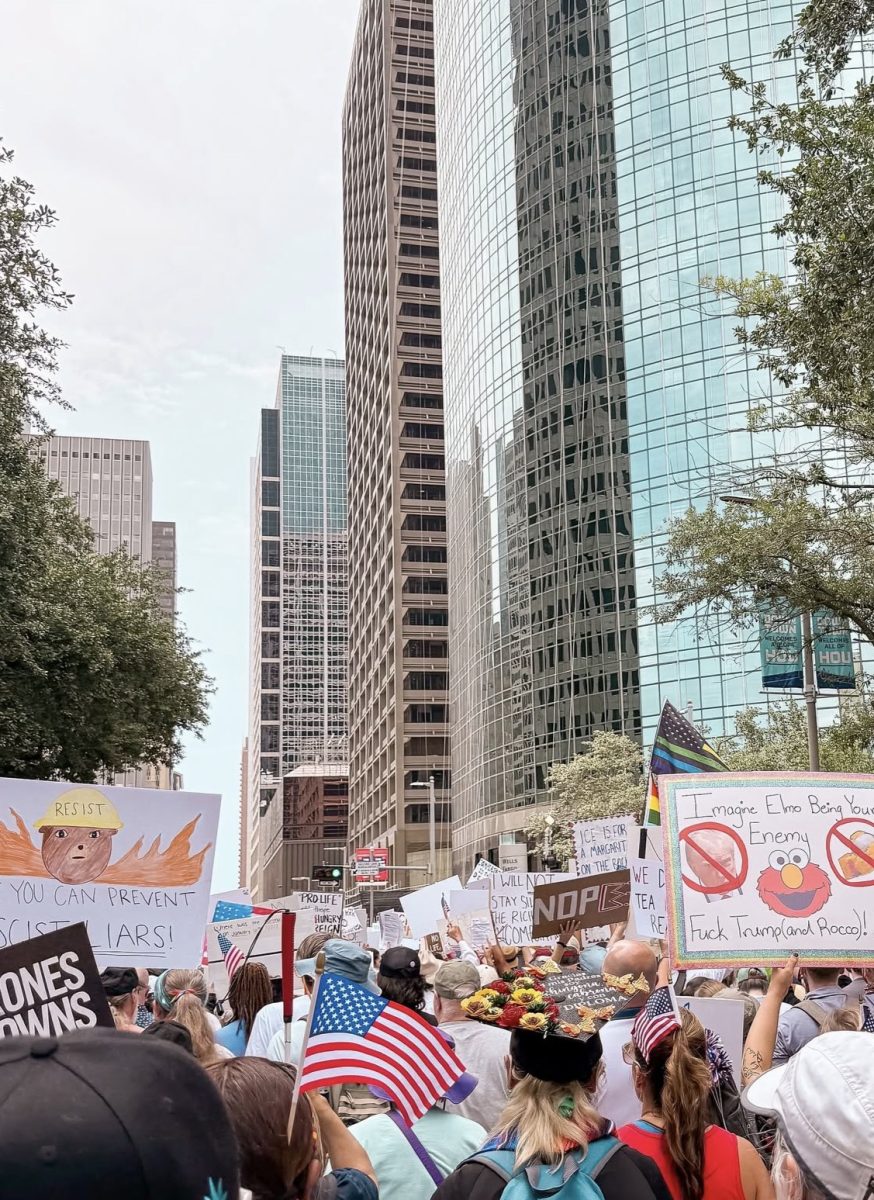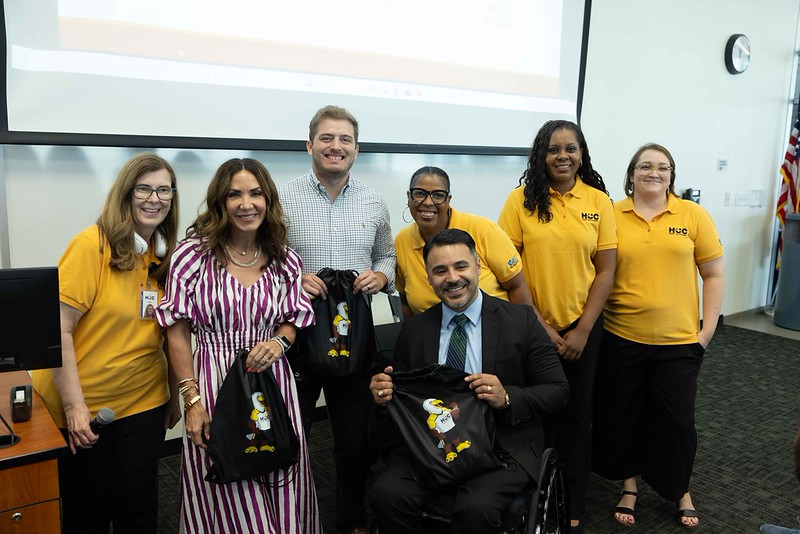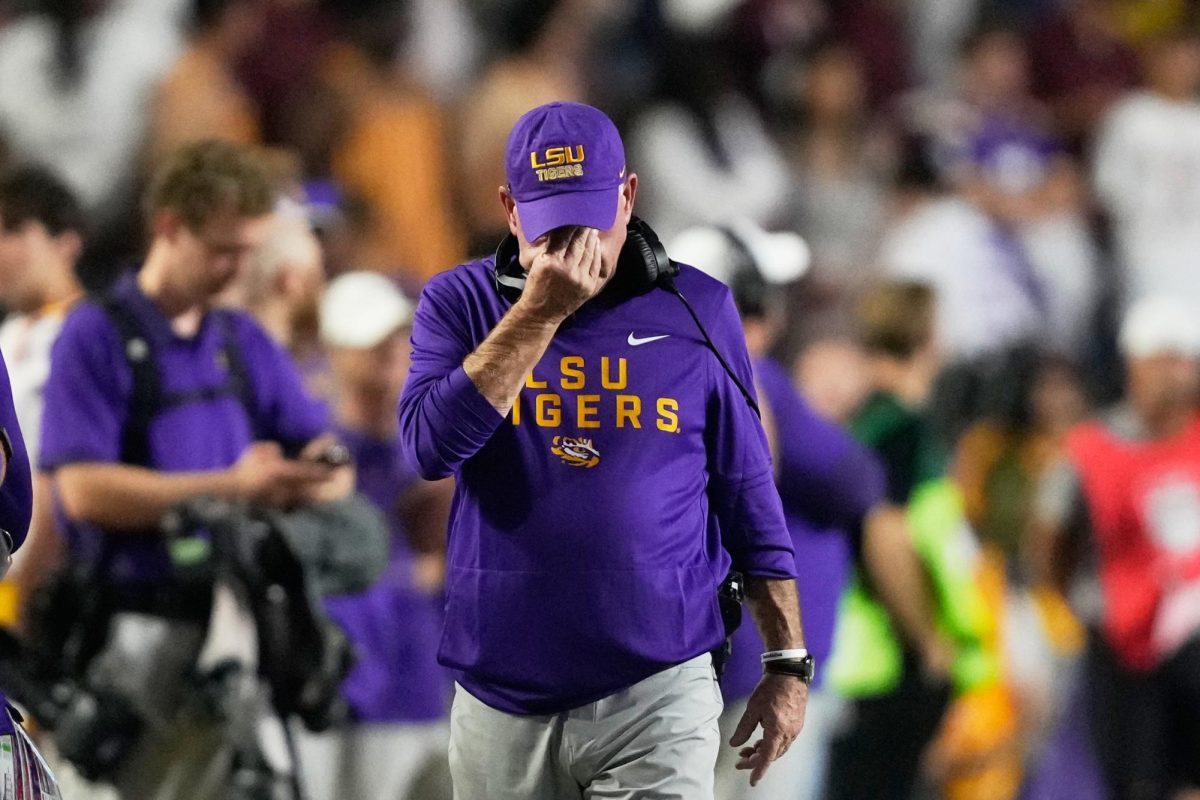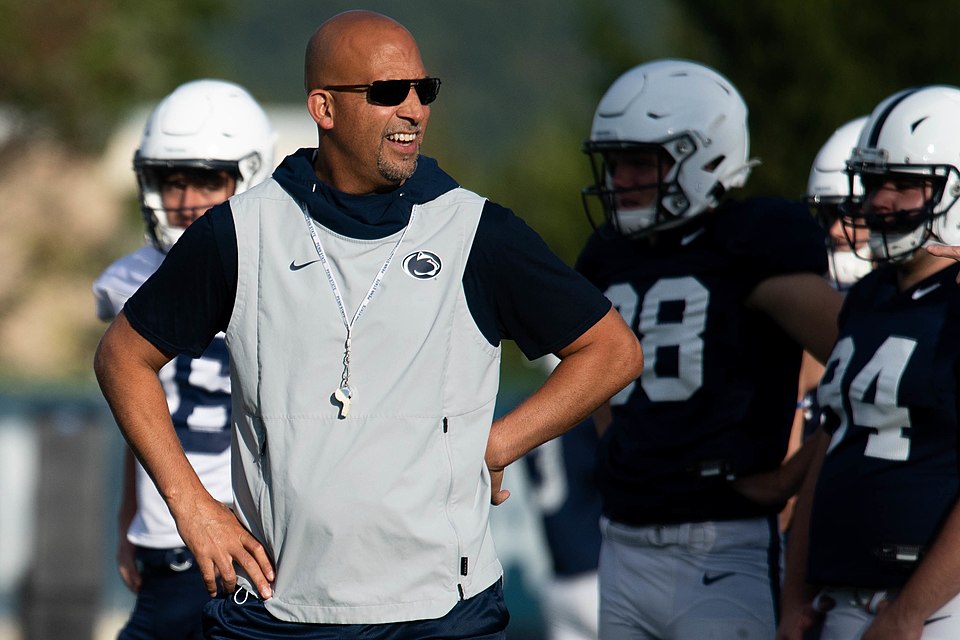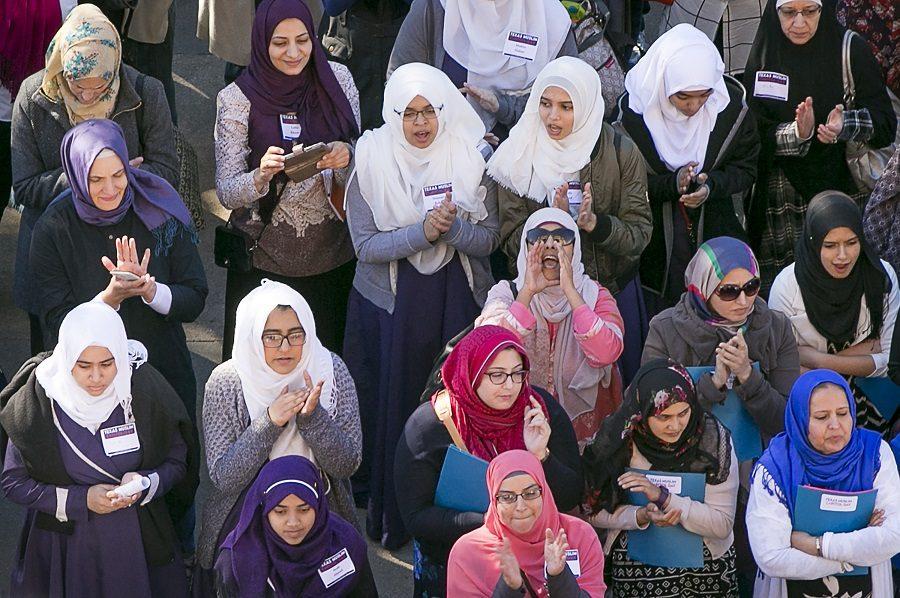HCC students advised not to travel abroad
Muslims rally during Muslim Day at the Capitol in Austin, Texas, on Tuesday Jan. 31. Thousands of supporters protected hundreds of Muslims who attended the rally by forming a human chain around them. Texas Gov. Greg Abbott made no mention of President Donald Trump’ temporary ban on immigrants from seven Muslim-majority nations during his State of the State address that was going on inside the Capitol. (Jay Janner/Austin American-Statesman via AP)
February 8, 2017
It has been a long week and a half for individuals from the majority-Muslim countries targeted by President Donald Trump’s now-overturned Executive Order.
According to the State Department, the U.S. canceled the visas of up to 60,000 foreigners in the week after the ban on travel. The ban affected travelers from Syria, Iraq, Iran, Sudan, Somalia, Libya and Yemen. Trump also suspended nearly all refugee admissions for 120 days and barred Syrian refugees indefinitely.
The order blocked numerous college students, researchers and others from entering the U.S. and sparked protests at airports and a multitude of legal challenges around the country. Locally a University of Houston graduate student from Iran was unable to return to the U.S.
Trump attacked the U.S. District Judge James Robart who put his ban on hold. On Sunday, the president tweeted: “Just cannot believe a judge would put our country in such peril. If something happens blame him and court system. People pouring in. Bad!”
While Super Bowl 51 was played on Sunday, immigrants were arriving at airports with few issues.
Within three days of the Executive Order, Houston Community College advised in a press release that students, faculty and staff members who are not United States citizens should not travel internationally at this time.
Before the ban was lifted, there was genuine concern that students who are not U.S. citizens would not be able to be able to return to the U.S. or return their classes if they were to leave the country.
There has been many mixed signals and confusion for travelers during the first few weeks of Trump’s presidency. The order came with nearly no warning, and while it is overturned now there is no reassurance that Trump’s administration won’t attempt to abruptly change the rules again.
Even citizens of countries not listed in the ban were told to expect increased visa delays when traveling outside the U.S. and to be aware of the risk that entry rules may change while they are traveling.
Besides foreign nationals, HCC is also advised that Deferred Action for Childhood Arrivals or DACA students should also review the latest updates on immigration issues before departing the U.S. DACA gives people who were brought to the U.S. as children a renewable two-year work permit and exemption from deportation.
The HCC press release noted that non-citizens should consult their own immigration counsel before making international travel plans. When contacted, HCC administrators pointed to the press release and offered no further comment.
Ban Affects International Students
Mohammed Yahya is an HCC graduate currently studying chemical engineering at Texas Tech University, he is an international student from Yemen.
“I was taken back by Yemen being on the list,” Yahya said he was surprised and confused when he heard the news about the executive order, but “with the campaign, I personally expected something was going to come from the new administration on immigration.”
“We just started the semester, there is no reason for me to travel internationally short term,” Yahya noted. However, if Trump’s order was in effect over the summer, it would affect his ability to visit family or take research opportunities in other countries.
International students like Yahya have nonimmigrant student visas to study in the U.S. Individuals can apply for such visas after they receive an acceptance letter from a U.S. institution of higher education.
Students React
Niloofar Afhami attended HCC before transferring to Texas Southern University. She immigrated from Iran to the U.S. with her family in 2006 when she was 16 years-old after they received green cards or legal permanent resident status. Afhami and her family became U.S. citizens as soon as they were eligible.
If Trump’s executive order went into effect when Afhami received her green card, she may have been blocked from immigrating to the U.S. At first, green card holders were also swept up in the president’s travel ban.
Afhami said she cried when she heard the news about the ban, she believes that the order and its implementation is “very unfair and very unorganized.”
While the executive order was titled “Protecting the Nation from Foreign Terrorist Entry into the United States”, it does not include any countries of origin of radicalized Muslims which have killed Americans since Sept. 11, 2001. Absent from the ban is Saudi Arabia, Egypt, Lebanon, United Arab Emirates, Pakistan, Russia and Kyrgyzstan. None of the countries banned are the birthplace of a Muslim extremist responsible for a deadly attack in the U.S. in the last 20 years.
“It’s not about being safe, it’s more personal than thinking about the safety of America because if it was, he would have banned countries which terrorists came from,” said Afhami.


